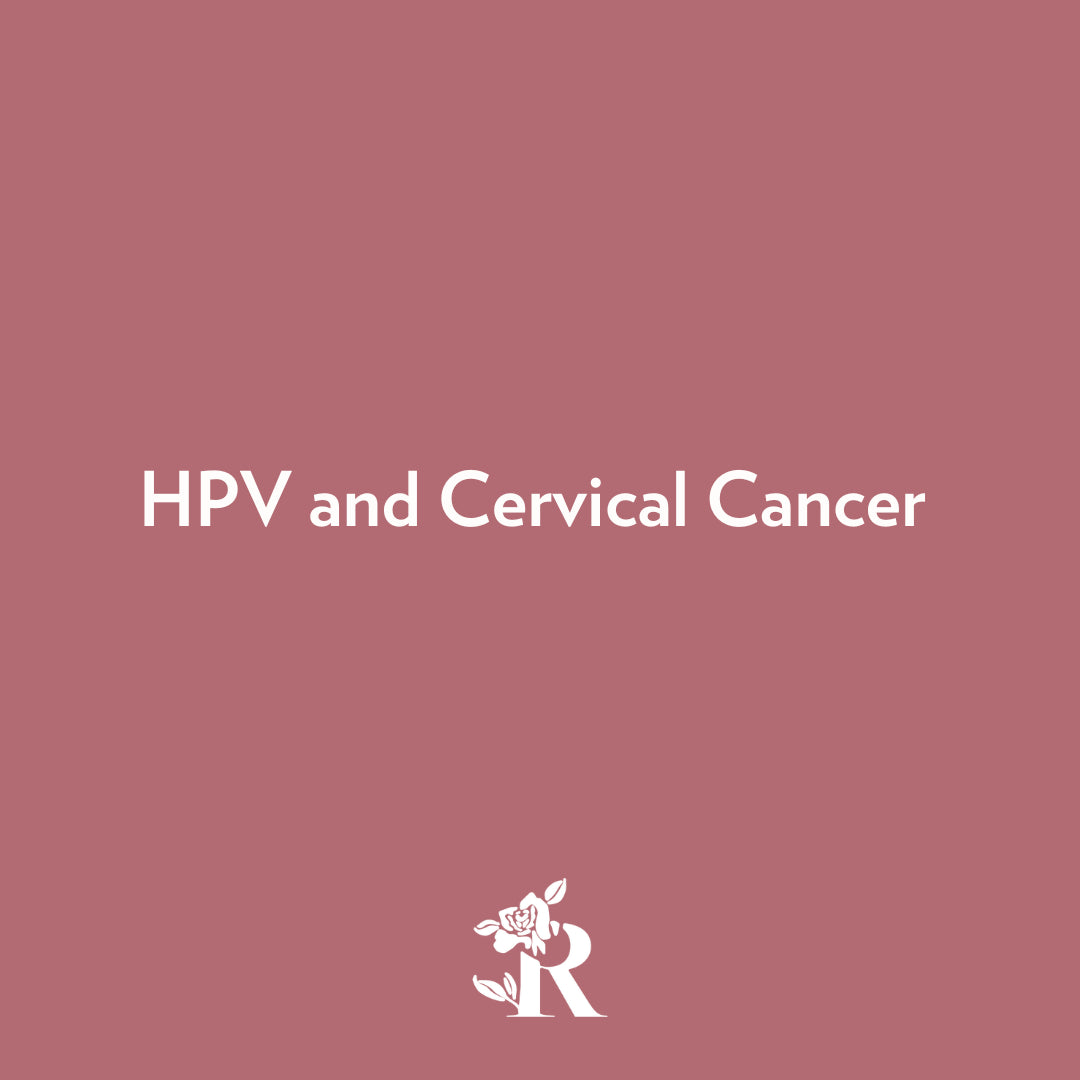HPV and Cervical Cancer
What is HPV?
HPV (human papillomavirus) is a sexually transmitted disease. It is not one disease; it consists of almost 200 related viruses. Sexually transmitted HPV has two levels - high risk and low risk.
If you are a low risk HPV victim, it is likely that you will feel little to no effects of the virus. It is estimated that nearly all sexually active people develop HPV within a couple years of sexual activity.
However, almost half of HPV victims develop high risk HPV. High risk HPV makes you susceptible to many different types of cancer. Types 16, 18, 31, 33, 35, 39, 45, 51, 52, 56, 58, 59, 66, and 68 can all cause cancers. The main types proven to cause cancers are HPV16 and HPV18.
Gender doesn’t matter when it comes to developing HPV. Both men and women are at risk of getting HPV. The good news is that most HPV infections don’t cause cancer. Your immune system is extremely strong and it is able to keep HPV infections under control.
How to Prevent High Risk HPV
Low risk HPV may develop, but it is likely you won’t even notice. High risk HPV, however, can be prevented. The HPV vaccine is vital in keeping high risk, cancer causing, HPV away. It is estimated that up to 90% of cancer causing HPV is prevented by the HPV vaccine.
Alongside the vaccine, ensure you are practicing safe sex habits including wearing condoms and peeing after sexual intercourse.
How Does HPV Cause Cancer?
When high risk HPV infected cells are exposed to normal cells, it negatively affects the way that cells communicate with one another. Usually these cells are managed by the immune system, however if they are not controlled, they could spread and become precancerous cells. It can take anywhere from 10 to 20 years for HPV infected cells to become cancerous.
Risk Factors of Cervical Cancer
Some things to be aware of when it comes to cervical cancer:
- The number of sexual partners you’ve had - the more partners, the higher the risk of developing an STD
- Early sexual activity - the earlier you start having intercourse, the more likely it is that you’ll develop HPV
- Smoking - smoking is associated with cervical cancer risk
- A weakened immune system - you may be more likely to develop cervical cancer if you possess an autoimmune disease
Cervical Cancer Prevention
Make sure you are taking all the necessary steps to try to prevent cervical cancer.
- Make sure you are up to date on your HPV vaccine
- Receive regular PAP tests - PAP tests can detect precancerous cells before they become a substantial risk. Get regular PAP tests starting at age 21
- Make sure, once again, that you are practicing safe sex
*This post does not provide medical advice. It is intended for informational purposes only. It is not a substitute for professional medical advice, diagnosis or treatment.*






















